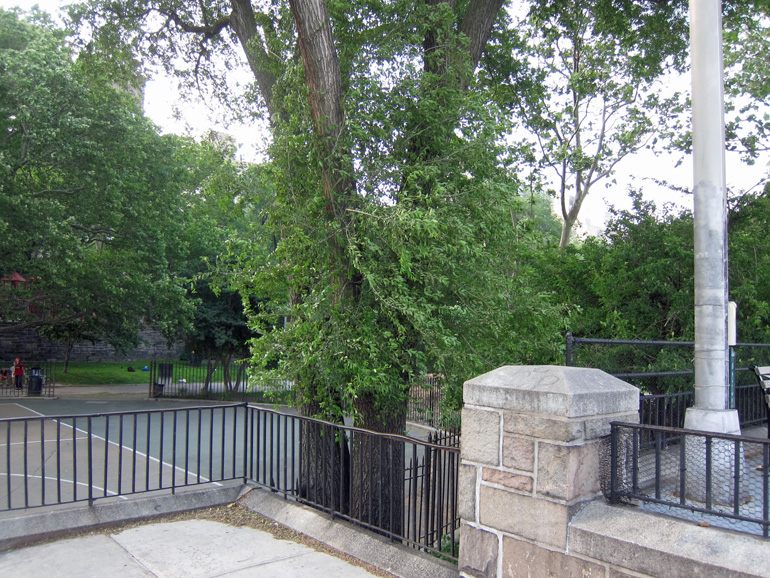Mot Juste Note:
Knowing
23 June 2014
Very early in My Struggle, Karl Ove Knausgaard steps forward from delivering the narrative to deliver himself of one of those chunks of authorial wisdom that have been depressing fiction readers since the time of Stendhal and Dostoevsky.
As your perspective of the world increases not only is the pain it inflicts on you less but also its meaning. Understanding the world requires you to take a certain distance from it. Things that are too small to see with the naked eye, such as molecules and atoms, we magnify. Things that are too large, such a cloud formations, river deltas, constellations, we reduce. At length we bring it within the scope of our senses and we stabilize it with fixer. When it has been fixed we call it knowledge. Throughout our childhood and teenage years, we strive to attain the correct distance to objects and phenomena. We read, we learn, we experience, we make adjustments. Then one day we reach the point where all the necessary distances have been set, all the necessary systems have been put in place. That is when time begins to pick up speed. It no longer meets any obstacles, everything is set, time races through our lives, the days pass by in a flash and before we know what is happening we are forty, five, sixty … Meaning requires content, content requires time, time requires resistance. Knowledge is distance, knowledge is stasis and the enemy of meaning. My picture of my father on that evening in 1976 is, in other words, twofold: on the one hand I see him as I saw him at that time, through the eyes of an eight-year-old: unpredictable and frightening; on the other hand, I see him as a peer through whose life time is blowing and unremittingly sweeping large chunks of meaning along with it. (11)
Really? I thought. But I was already engaged with the struggle of the title, so I set this passage aside as obiter dicta. It refused, however, to fade away. It was a like an equation that couldn’t be solved — not until I substituted knowingness for knowledge. Knowledge is not stabilized and fixed. It is always becoming more complicated — with luck, more complex. Knausgaard isn’t talking about real knowledge. He’s talking about the stuff that you learn in school, that you have to know, more or less, if you’re going to take a place among adults in the Western World, especially among people who work with their minds. You are supposed to know about river deltas and molecules, but not much — just enough not to appear “ignorant.” This dossier of information is indeed meaningless — that is the point of it. It is meaningless in the same way that knowing how to walk is meaningless. You just do it.
The distractions of modern life make it very easy for adults to forgo the pursuit of real knowledge — which begins, of course, with a declaration of ignorance at odds with the presumption of knowledgeability with which we invest ourselves and our social and professional peers. Some professional people really are paid to learn more about the world — surgeons, engineers, genuine scholars. But most people are paid to deploy their training. The pursuit of knowledge is relegated to hobbies. Nevertheless, the pursuit of knowledge is not only meaningful but driven by meaning: it is one’s sense of the meaning of things that governs the questions that one will ask. We might call curiosity an ache of meaning. I don’t want to get tangled up in Knausgaard’s assertions about time and distance, but I can imagine proposing that curiosity is a resistance to time: it requires a halt or a pause, for the clearing up of doubt or the confirmation of a hunch.
Every educated man and woman is in a position to pursue the knowledge that conduces to a better understanding of the civil society in which we all live — that is, or used to be, the declared objective of humanist education. But nobody has the time. What nobody actually has, in fact, is a sense of where to begin. A crash course in astrophysics might well appear to be less daunting. But a crash course in astrophysics is not going to teach anyone how to learn more about the cosmos. Knowledge about civil society is different: there is always much to be learned by each of us. We begin by knowing nothing: upon reaching adulthood, we need to dismantle the adolescent training wheels of knowingness, so that we can begin to know.
How to begin? By thinking. Thinking about what other people think, and thinking about what you see every day. Why, or how, does civil society chug along from day to day, given all its worn and broken parts? And who is in charge? Such thoughts will lead to understanding, and behavior informed by understanding (as opposed to behavior dictated by knowingness) is our only hope as a species. Provided that we respect the property and preserve the safety of others, understanding can do nothing but good, and not the least of its benefits is a sense of the meaning of life.
The meaning of life, which can never be reduced to words, is to be found in your relationship to the world. The relationship certainly exists (although it must not be confused with your relation to society — other people), but if you are not aware of it, then life will seem meaningless. So, find it.
Daily Blague news update: Tough Monday.

